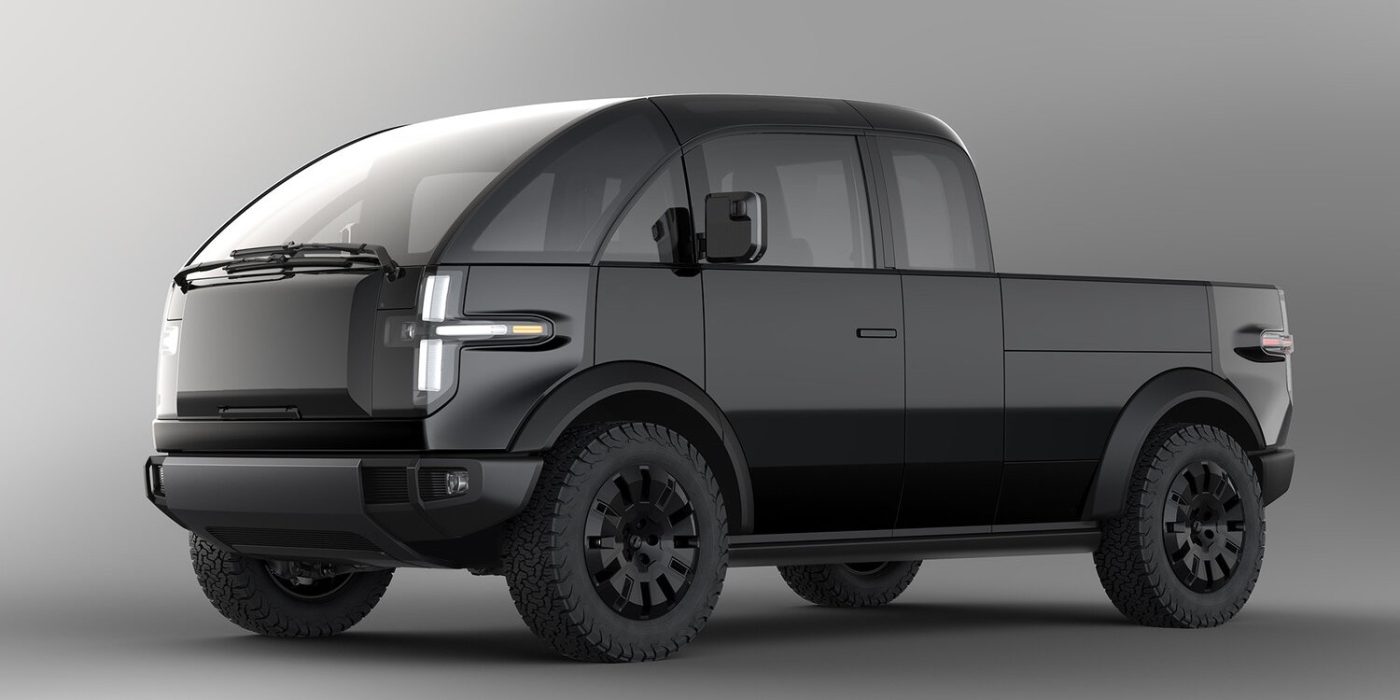Canoo appoints new CEO, updates strategy
With Ulrich Kranz, the next co-founder is leaving the Californian eMobility start-up Canoo. Kranz is stepping down as CEO with effect from 30 April. The position of CEO will then also be taken over by Executive Chairman Tony Aquila. There is also news about the future direction of the start-up.
Co-founder Stefan Krause had already left the company almost a year ago, while ex-Opel boss Karl-Thomas Neumann had already left Canoo in 2019. However, Neumann was not part of the founding team. Recently, Canoo’s previous chief financial officer Paul Balciunas also resigned. Now Canoo announces in an official press release that Ulrich Kranz is also leaving the company at the end of the month, as is chief lawyer Andrew Wolstan, who will be replaced by Hector Ruiz – an Aquila confidant who previously worked with the latter at Solera Holdings, Aquila’s previous company.
Canoo’s reorganisation is taking place in the slipstream of the SPAC IPO, as Aquila took on the role of executive chairman of Canoo as part of the SPAC merger in late 2020. The executive chairman is the chairman of the supervisory body (comparable to the German supervisory board), but as “executive chair” he also assumes a management function over the company’s business that is independent of the CEO.
At Canoo, it was planned that Kranz would lead the company as CEO and that Aquila, with his investor experience, would accompany the company’s IPO and take on an operational role. But as has since become apparent, Aquila is also influencing Canoo’s direction far beyond the IPO: since then, he has focused on moving the startup away from its original goal towards developing more truck-like vehicles for commercial fleets.
He hinted at this change in strategy back in March during the first conference call with investors, where it also became apparent that the cooperation with Hyundai and Kia would not be pursued. The fact that Kranz, as CEO, was not present at this conference call already suggested that he was no longer getting through.
Tony Aquila, who is himself one of Canoo’s biggest investors, will thus be the dual head of executive chairman and CEO from May. The executive office will be moved to Dallas, but California will remain the home of concept development, including design and engineering.
In a release on the new post allocation, Aquila is quoted as saying: “We are focused on aligning the business to best meet the greatest market demand.” To this end, it said it had conducted a comprehensive analysis with internal and external experts. The result is that the all-electric pickup truck based on the Canoo platform “will play a significant role in the Company’s growth”. The production version should be available for order from the second quarter of 2021, with deliveries starting in 2023.
Strategy change: pickup to come first, minibus not on subscription
In turn, the Californian startup is backing away from its original plan to sell its electric minibus, unveiled in 2019, via a subscription model. Canoo had subsequently unveiled two other electric vehicle concepts: a multi-purpose delivery vehicle and, most recently, said pickup truck.
Aquila elaborates on the new two-phase strategy as follows: “In phase 1, as previously announced, we will use contract manufacturing to start production of the MPP1 LV derivative (the pickup truck, ed.). We will announce our choice of partners shortly. In Phase 2, we will move forward with our mega-micro factory where we will manufacture our MPP1 and certain high-volume derivatives. We are in advanced discussions with a number of governors and their teams about the site and believe this move will lead to the creation of some 2,000 well-paid jobs.”
All three vehicles unveiled will be built on the Canoo platform. He also specifically says that the “contract engineering services” division, i.e. development services for other OEMs, will be devalued. “This will not only protect our intellectual property, but will also accelerate the creation of intellectual property and the launch of our derivatives, which in turn will increase our chance of the highest return on investment.”
This turn of events, however, could still concern the Securities and Exchange Commission (SEC) and investors. That’s because third-party development services was still emphasised as one of the mainstays in documents surrounding the IPO. At the time, it was said that the planned engineering services business “represents a significant market for contract engineering services among legacy OEMs”. In the meantime, Canoo has apparently quietly uploaded a new investor presentation that no longer mentions Hyundai.
Canoo was founded in late 2017 by a group of former employees of electric car startup Faraday Future, including BMW executives Kranz and Krause. One of the few co-founders who remains loyal to the startup is Richard Kim, who led the styling of the i8 and i3 as a designer at BMW.
With reporting by Sebastian Schaal, Germany.





0 Comments